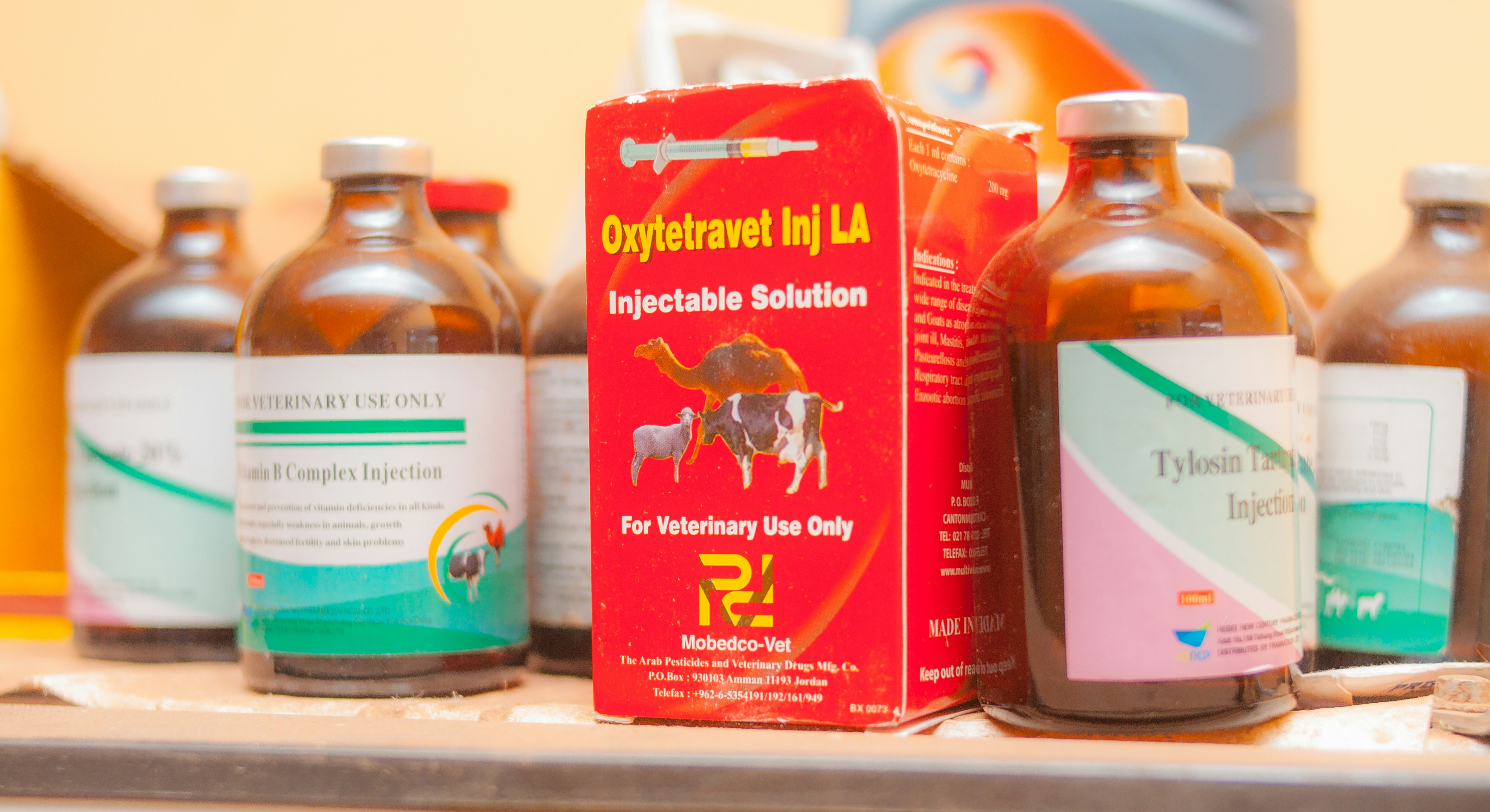 Photo by Selasie Apeadu on Unsplash
Photo by Selasie Apeadu on Unsplash As your furry friend enters their golden years, it’s important to provide them with the care and attention they need to stay happy and healthy. Just like humans, dogs experience changes as they age, and it’s our responsibility as pet owners to adapt to their evolving needs. In this blog post, we’ll share some valuable tips to help you keep your senior dog in the best possible condition.
1. Regular Veterinary Check-ups
Regular visits to the veterinarian are crucial for senior dogs. These check-ups allow your vet to monitor your dog’s overall health, detect any potential issues early on, and provide appropriate treatments. Your vet may recommend more frequent visits and specific tests to assess your dog’s organ function, joint health, and dental hygiene.
2. Balanced Diet
A well-balanced diet is essential for your senior dog’s health. As dogs age, their metabolism slows down, and they may require fewer calories. Consult with your veterinarian to determine the appropriate diet for your dog’s age, size, and any specific health conditions they may have. Consider feeding them high-quality senior dog food that is specially formulated to meet their nutritional needs.
3. Regular Exercise
While senior dogs may not have the same energy levels as they did in their younger years, regular exercise is still important for their physical and mental well-being. Tailor their exercise routine to their abilities, opting for low-impact activities like short walks or gentle play sessions. Exercise helps maintain muscle tone, joint flexibility, and mental stimulation.
4. Joint Care
Joint issues are common in senior dogs, and it’s crucial to provide them with the necessary support. Consider providing them with a comfortable bed that offers proper support for their joints. Additionally, your veterinarian may recommend joint supplements or medications to alleviate any pain or discomfort caused by arthritis or other joint conditions.
5. Mental Stimulation
Keeping your senior dog mentally stimulated is just as important as physical exercise. Engage them in interactive games, puzzle toys, and training sessions to keep their minds active. This helps prevent cognitive decline and keeps them mentally sharp and engaged.
6. Dental Care
Oral health is often overlooked but plays a significant role in your dog’s overall well-being. Dental problems can lead to pain, difficulty eating, and even systemic health issues. Brush your senior dog’s teeth regularly and schedule professional dental cleanings as recommended by your veterinarian.
7. Comfortable Environment
Create a comfortable and safe environment for your senior dog. Provide them with a cozy bed, easy access to food and water, and a quiet space where they can relax. Consider using ramps or stairs to help them navigate elevated surfaces and provide non-slip surfaces to prevent falls.
8. Regular Grooming
Regular grooming sessions are essential for senior dogs. Brush their coat to prevent matting and keep their skin and coat healthy. Trim their nails regularly to prevent discomfort or difficulty walking. Pay attention to any lumps, bumps, or changes in their skin and consult with your vet if you notice anything unusual.
By following these tips, you can ensure that your senior dog enjoys their golden years to the fullest. Remember, every dog is unique, and it’s essential to consult with your veterinarian for personalized advice and recommendations for your furry friend.
RELATED POSTS
View all

